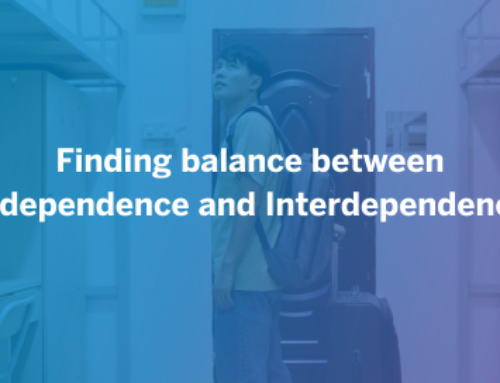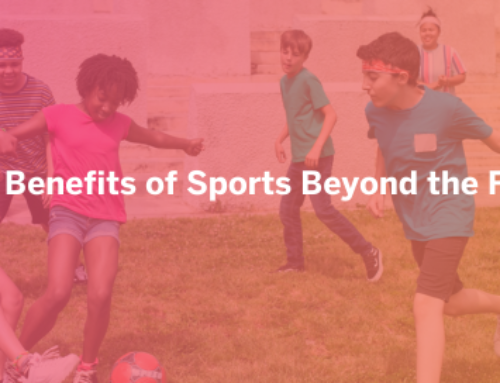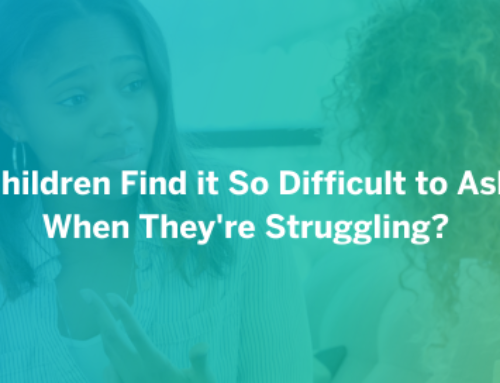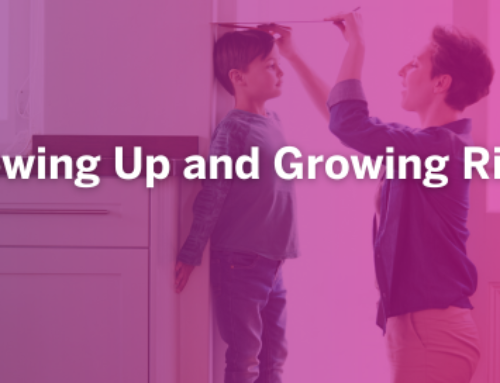
This job took some getting used to. The first time I told my story to a group of students, I looked down at my hands, sweating profusely, and adjusting my shirt the whole time. I was speaking to a group of 12-year-olds. I have worked with adolescents in after-school programs for years. As a counselor, any meaningful conversation was an exciting deviation from the continuous stream of sarcasm, shouting, and teasing. To put it lightly, teenagers don’t always seem to be the most emotionally available bunch. I usually tried to match their energy as a counselor rather than shift the topics to values, goals, and well-being. As a prevention speaker, I am there to do the opposite.
There is a temptation to try and avoid getting too vulnerable in these presentations. When I walk into a classroom and see students talking back to teachers or the many other familiar versions of deviant behavior, I sometimes think that I should take on a slightly less emotional tone. This feeling is compounded by the few experiences I’ve had in which the majority of the class was on their phones, wearing headphones, or laughing during my presentations. Though these experiences are rare, they are pretty uncomfortable.
However, I have had another set of experiences with a far stronger and longer-lasting impact. These experiences have taught me that, contradictory to the bias in my expectations; adolescents are yearning for conversations about values, well-being, and internal struggles. These situations remind me of the things I felt and went through in silence in middle and High School. Even before doing drugs, I had a compulsive lying habit, an addiction to video games, severe anxiety relating to school, and many confusing and painful thought loops. Yet, had a speaker come to my school, they would have received a strong impression of me as an obnoxious, loud, deviant student. However, full of pain and insecurity, I would have benefited most from the speaker being as vulnerable as possible.
I learned this lesson in a powerful moment after one of my first few presentations. It was early in the morning, and the students seemed tired and disinterested. I was still ironing out my presentation, and I was worried I hadn’t done as well as I could have. I was walking out of the school with my rep when a student stopped us and asked to talk. She was crying. I didn’t recognize her, as the class I had spoken to was big. She said she was addicted to drugs; that this had been hard to accept, but her story sounded just like mine in High School. She told me that nobody understood that it didn’t feel like she had a choice anymore. We spoke with her for a long time and directed her to some of the same resources that saved my life.
That moment was the first of many. Students have told me that they lied compulsively, and they never knew why. They didn’t think anybody understood. Young adolescents approach to talk about their family members who are addicted to drugs and to thank me for trying to help at least one person not go through that. After almost every presentation, students ask serious questions about avoiding peer pressure, about their own ADHD and what it means, and about what meaning friendship and family can take on. Multiple students have approached since that first day to concede that they are addicted and scared. Many more have thanked me for my bravery and inspiration.
I no longer feel the instinct to appeal to adolescent insecurities rather than be completely vulnerable. If I enter a school where I am particularly ignored, and the students are especially defiant, I make sure to firmly discuss emotions in as much depth as possible. I make sure to talk about topics such as not loving myself as I took on other’s values, questioning myself, and the deep struggles that I had to hide as a drug addict. I know from the hundreds of letters I have received that someone needs to hear that they aren’t alone. I was a defiant and obnoxious High Schooler, and still, I especially needed to know I wasn’t alone. This is important to me. Knowing that someone else was experiencing some of the things I was thinking about trying and identifying with the familiar pain it caused them might’ve just changed my life.
I was stealing from my parents as a High School student. I had the faint idea that maybe this wasn’t so good for my self-image, but I figured I could just keep it a secret. If there is at least one student in our county doing that, I want them to hear how that hurt my self-image. I turned to drugs in High School and needed to constantly talk with my friends about partying to quiet my internal fear that this was going to harm me. If there is at least one student in our county doing that, I want them to hear how that destroyed my life. When I reach the student who lets me know that they related or learned something, I remember why I am there: so that they can know better than I did. I am not there to be seen favorably or impress middle and high school students.
By: Danny Z
Danny is a in house LSIS Prevention Speaker.








Leave A Comment